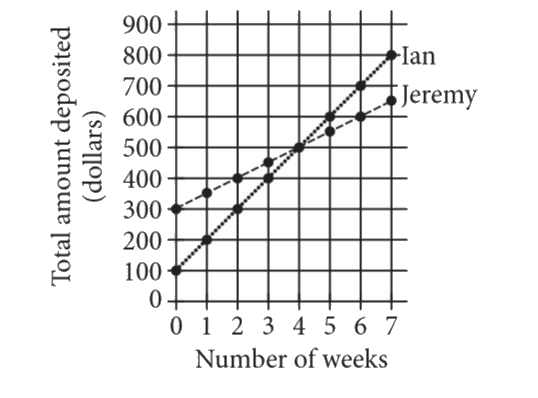After Demonetisation, people deposited the old currency into their bank Accounts.It will decrease the money supply in the economy. Defend or refute.
The given statement is refuted. Deposit of old currency by the people reduces the ‘Currency held by Public’ (a component of Money Supply) and increases the ‘Net Demand Deposits held by Commercial Banks’ (another component of Money Supply) by the same amount. So, there will be no change in the money supply in the economy. However, Money Supply will decrease permanently to the extent of black money, which does not re-enter the system.
Topper's Solved these Questions
Similar Questions
Knowledge Check
Which of the following measures would result in an increase in the money supply in the economy ?
1. Purchase of governement securities from the public by the Central Bank
2. Deposit of currency in commercial banks by the public
3. Borrowing by the goverment from the Central Bank
4. Sale of government securities to the public by the Central Bank Select the correct answer using the codes given below :A1 onlyB2 onlyC1 and 3D2,3 and 4The central Bank can decrease the Bank credit component of the money supply by _____
ALowering the cash reserve requirementsBIncreasing the Bank rateCLowering the Bank rateDBuying of government securitiesThe central Bank can decrease the Bank credit component of the money supply by _____
ALowering the cash reserve requirementsBIncreasing the Bank rateCLowering the Bank rateDBuying of government securities
_policy refers to a central bank's policy to control the supply of money in the economy.
View SolutionMoney supply includes demand deposits of the pople with the commerical banks.
View SolutionThe two graphs above show the total amounts of money that Ian and Jeremy each have deposited into their savings accounts for the first seven weeks after opening their accounts. After they made their initial deposits, how much more did Ian deposit each week than Jeremy?

View SolutionRead the source given below and answer the questions that follows: Modern forms of money include currency - paper notes and coins. Unlike the things that were used as money earlier, modern currency is not made of precious metal such as gold, silver and copper. And unlike grain and cattle, they are neither of everyday use. The modern currency is without any use of its own. The other form in which people hold money is as deposits with banks. At a point of time, people need only some currency for their day-to-day needs. People also have the provision to withdraw the money as and when they require. Since the deposits in the bank accounts can be withdrawn on demand, these deposits are called demand deposits. Demand deposits offer another interesting facility. It is this facility which lends it the essential characteristics of money (that of a medium of exchange). You would have heard of payments being made by cheques instead of cash. For payment through cheque, the payer who has an account with the bank, makes out a cheque for a specific amount. A cheque is a paper instructing the bank to pay a specific amount from the person's account to the person in whose name the cheque has been issued .
What the deposits in bank, which are withdrawn on demand, are called?
View SolutionRead the source given below and answer the questions that follows: Modern forms of money include currency - paper notes and coins. Unlike the things that were used as money earlier, modern currency is not made of precious metal such as gold, silver and copper. And unlike grain and cattle, they are neither of everyday use. The modern currency is without any use of its own. The other form in which people hold money is as deposits with banks. At a point of time, people need only some currency for their day-to-day needs. People also have the provision to withdraw the money as and when they require. Since the deposits in the bank accounts can be withdrawn on demand, these deposits are called demand deposits. Demand deposits offer another interesting facility. It is this facility which lends it the essential characteristics of money (that of a medium of exchange). You would have heard of payments being made by cheques instead of cash. For payment through cheque, the payer who has an account with the bank, makes out a cheque for a specific amount. A cheque is a paper instructing the bank to pay a specific amount from the person's account to the person in whose name the cheque has been issued .
What is the other form of money people hold?
View Solution
